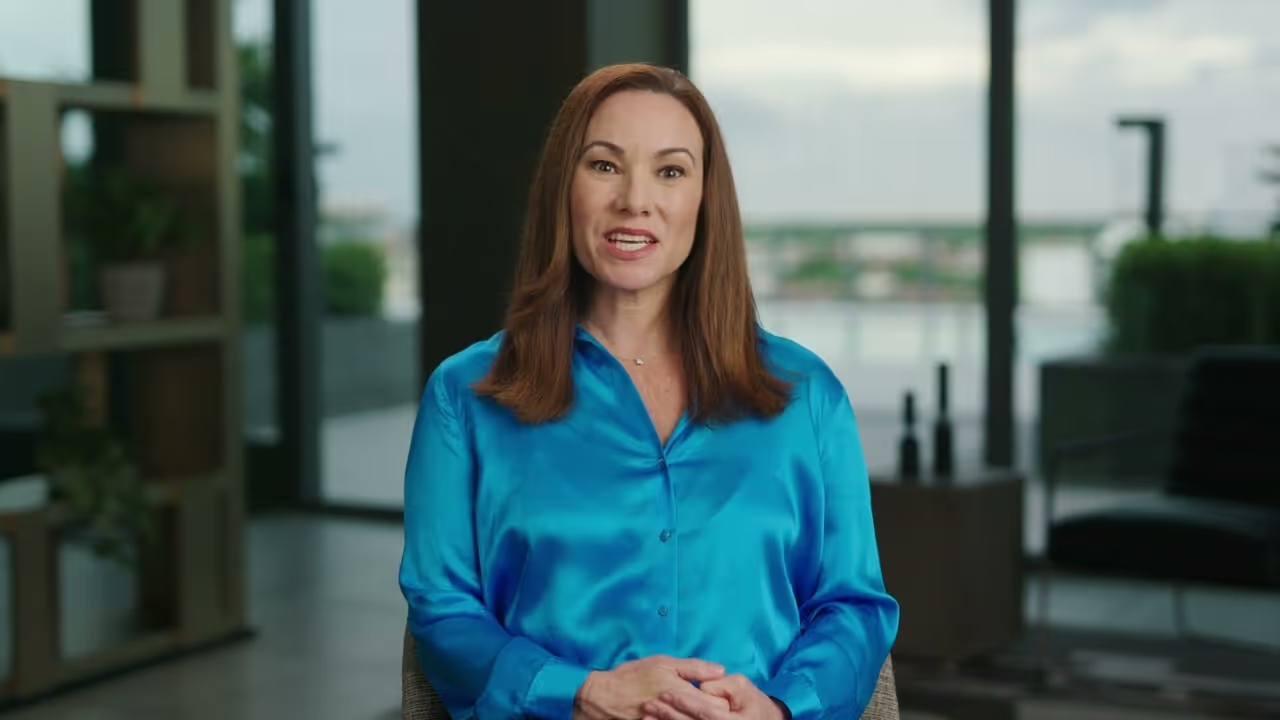Anorexia nervosa limits more than just calories
This life-threatening eating disorder can rob you of your mental and physical health, relationships, and so much more, but full recovery is possible.

What is anorexia nervosa?
This eating disorder often involves constant, even crippling, fear of gaining weight, patterns of fasting or limiting food, and can also involve intense overexercise routines, diuretic or laxative use, and sometimes vomiting.


Types of anorexia nervosa
Understanding and recognizing which type of anorexia nervosa is impacting you is essential for developing and tailoring the most effective treatment plan. The 2 primary types are:
Restricting Type
This type involves controlling weight by limiting food intake through fasting, extreme dieting, and sometimes intense exercise to burn consumed calories.
Binge/Purge Type
This type involves all the behaviors for the restriction type in addition to binge eating and/or purging behaviors like vomiting after meals or misuse of diuretics or laxatives.
Sign & symptoms of anorexia nervosa
Anorexia nervosa impacts you mentally and physically. Some symptoms and dangerous side effects of this disorder are:
Risk factors for anorexia nervosa
Like all mental health and behavioral disorders, anorexia nervosa doesn’t have a single cause but is instead a combination of several factors.
Risk factors may include:
Genetics and heredity
There is no specific gene for anorexia nervosa, but some studies have shown that genetics play a role in the disorder.
Sudden weight loss
A sudden caloric deficit and weight loss may prompt the development of anorexia nervosa.
Sociocultural factors
This might include bullying in person or online, unhealthy cultural messages and attitudes about bodies or diets, or pervasive images and videos in media and social media. These factors can create unrealistic perceptions of what a person’s weight or body size “should be”.
What does anorexia nervosa treatment look like?


Monte Nido can help
Anorexia nervosa is a severe psychological and medical condition that requires medical, psychological, and nutritional care so you can heal holistically, get proper nutrition, and develop tools to live life more fully.
Our dedicated doctors, nurse practitioners, dietitians, therapists, social workers, and mental health counselors have helped many individuals impacted by this disorder.
We customize treatment plans for each person we serve, accounting for the nature of your disorder, background, and personal needs. Treatment is structured and conducted in both individual and group therapy sessions, with the goals of eliminating symptoms, replacing distorted thoughts with self-confidence, and helping you eat freely and flexibly. We’re here to provide you with the best chance for long-term recovery, which you deserve.
If you have more questions, contact our admissions team
Frequently asked anorexia nervosa questions
Some physical symptoms may include:
- Dizziness
- Fainting
- Constant feeling of being cold
- Insomnia
- Constant fatigue and lethargy
- Organ failure, especially kidneys, liver, and heart
- Thinning hair or hair falling out
- Drying skin and brittle nails
- Loss of period in menstruating people
Other signs might include:
- Social withdrawal and self-isolation
- Avoiding meals or social situations where eating is a focus
- Chewing and spitting out food
- Continued weight loss even after becoming emaciated
- Food rituals that help to avoid eating
- Trying various extreme diets and fasting regimens
A common stereotype of anorexia nervosa is that of a wealthy, caucasian teenage female, but this unfortunately stems from inequities in treatment access, not in population prevalence. Any race, economic background, gender, or age can be impacted by anorexia nervosa.
Studies show respectively that African-American women tend to go undiagnosed longer compared to their white peers, and other studies indicate that Latinx women have higher rates than other ethnicities.
Almost 1% of identifying females and 0.3% of males will develop anorexia nervosa at some point in their lifetimes. That seems like a small number, but it comes out to millions of individuals who struggle with this dangerous disorder.
Although this disorder can occur in children as young as 7, the first signs of anorexia nervosa typically appear during and directly after puberty, with the ages of 13-18 being the most common times for onset. It is the third most common chronic disease among teenagers. Adults can also develop anorexia, even without prior systems in adolescence.
Recovery is possible
Start your recovery with Monte Nido:
.avif)
.svg)



